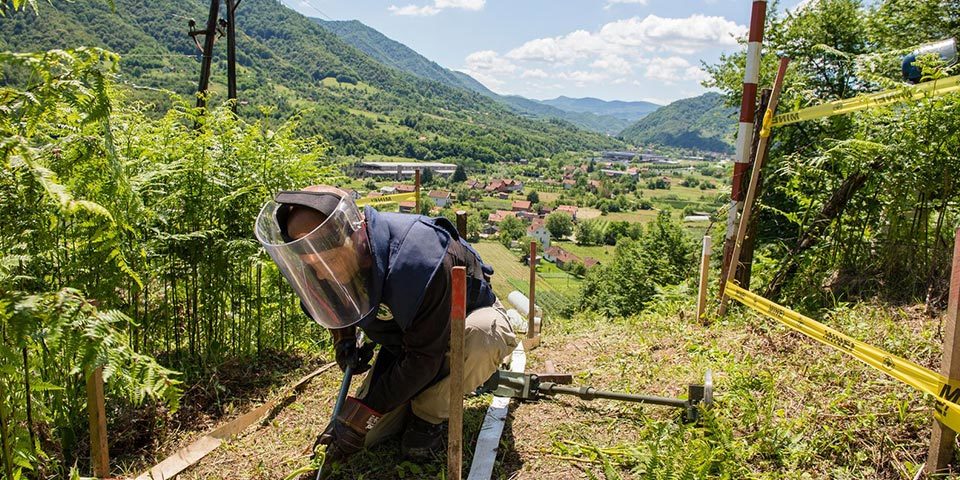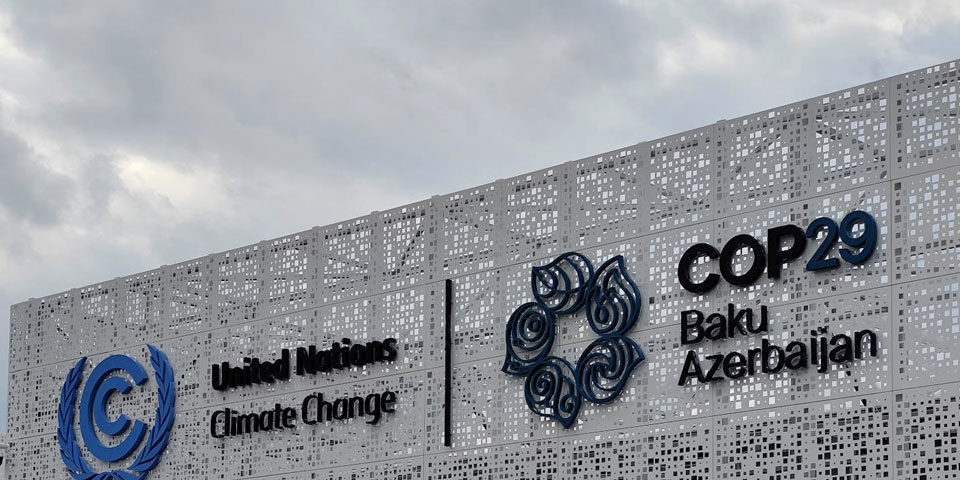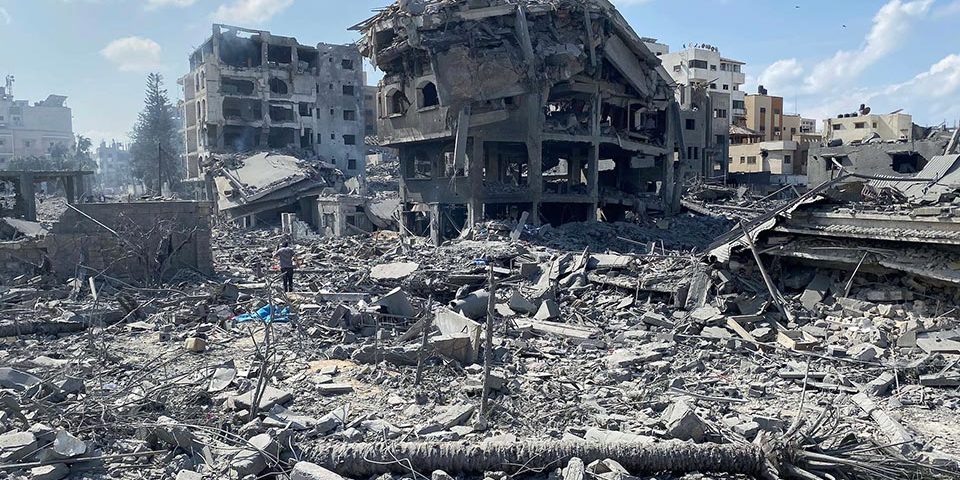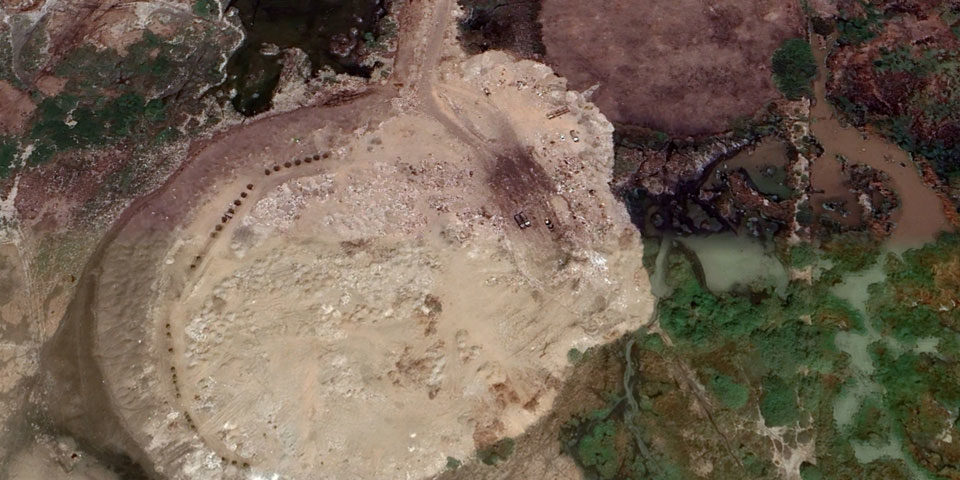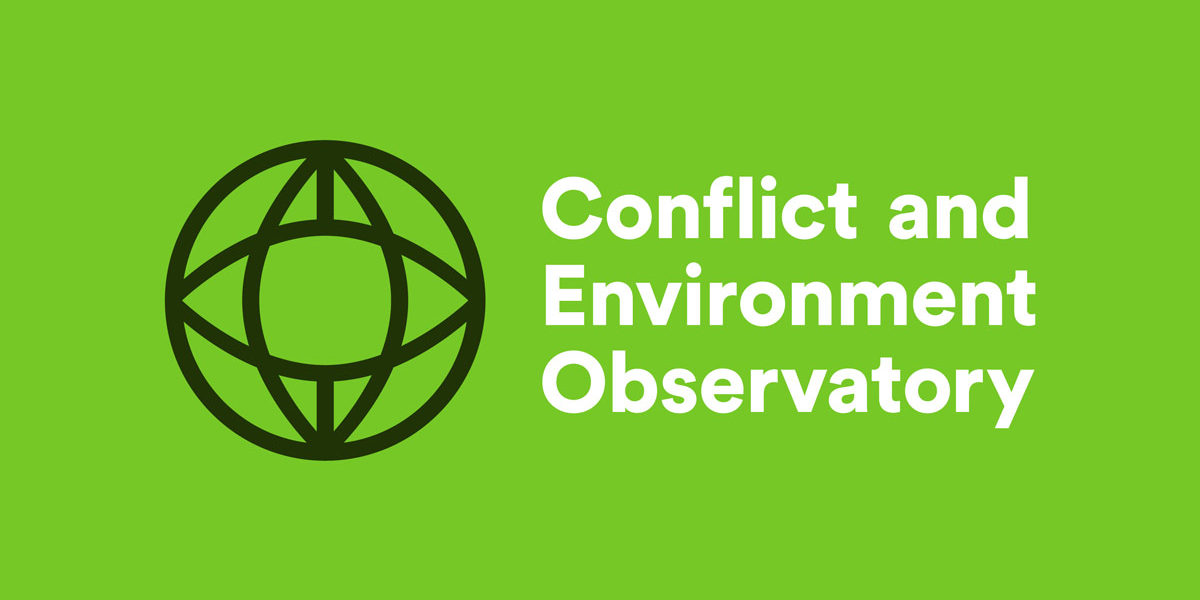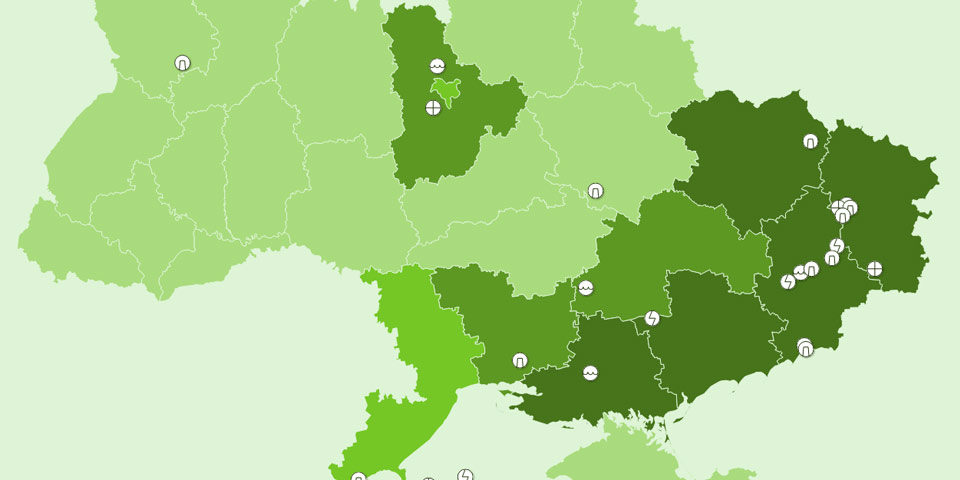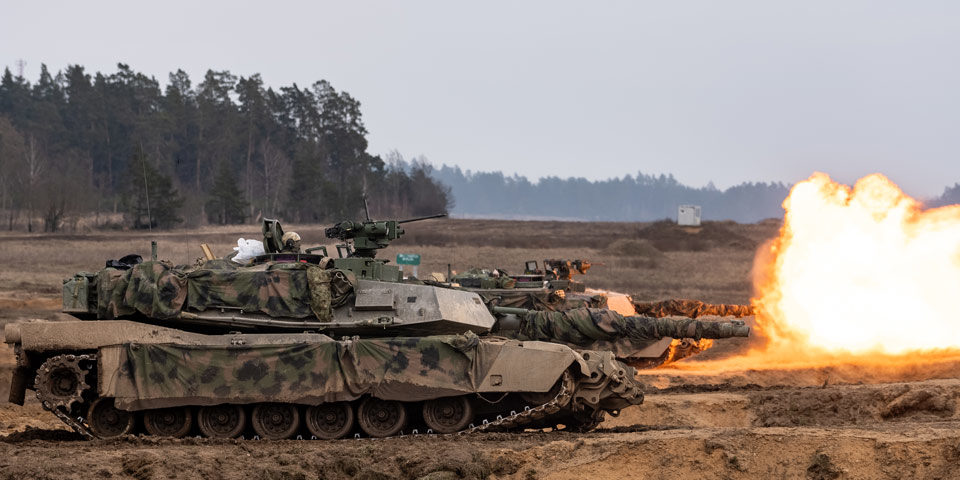New mine ban treaty action plan would be another step forward for environmental mainstreaming
25 years since the Anti-Personnel Mine Ban Convention entered into force, its Fifth Review Conference is taking place amidst the accelerating crises of climate change, biodiversity loss and pollution. Linsey Cottrell reviews how the mine action sector is responding to the triple crisis, and what more is needed.

